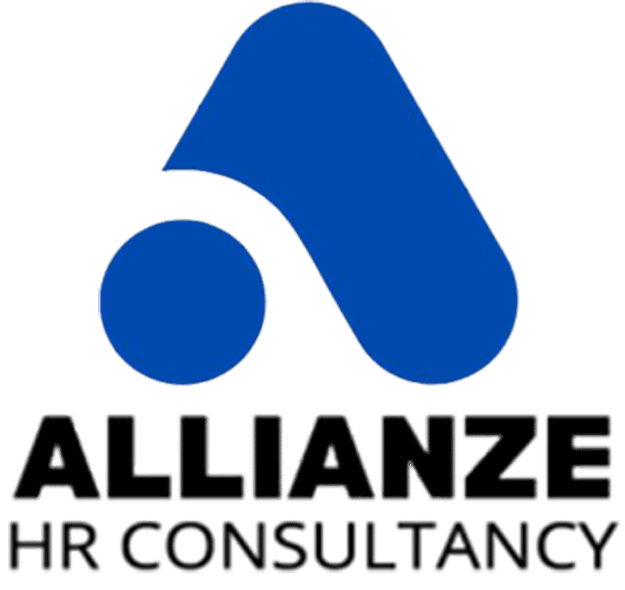Executive Summary
Mobile Access to Payroll Information has become a cornerstone of modern workforce management, especially in regions like the UAE, Saudi Arabia, Kuwait, and Europe. With the rise of remote work and global hiring, employees and employers alike demand seamless, secure, and instant access to payroll data via mobile devices. This capability enhances transparency, improves employee satisfaction, and ensures compliance with regional labor laws. In today’s fast-paced business environment, organizations that prioritize Mobile Access to Payroll Information gain a competitive edge by streamlining operations and fostering trust. This article explores its significance, best practices, challenges, and solutions to help businesses optimize their payroll systems.
Chapter 1: Introduction to Mobile Access to Payroll Information
Mobile Access to Payroll Information is revolutionizing how employees interact with their compensation data. In regions like the UAE and Europe, where labor laws are stringent and workforce diversity is high, providing mobile payroll access ensures compliance and inclusivity. For instance, the UAE’s Ministry of Human Resources and Emiratisation mandates timely salary payments, and mobile access helps employers meet these requirements efficiently. Similarly, Europe’s General Data Protection Regulation (GDPR) emphasizes data security, making encrypted mobile payroll systems essential.
Beyond legal compliance, Mobile Access to Payroll Information caters to cultural preferences. In the Middle East, where smartphone penetration is exceptionally high, employees expect on-the-go access to their earnings, tax deductions, and benefits. Companies leveraging Mobile Access to Payroll Information report higher employee engagement and reduced administrative burdens. For example, a Dubai-based firm saw a 30% drop in payroll-related queries after implementing a mobile-friendly system. This shift underscores the growing importance of Mobile Access to Payroll Information in modern HR practices.
Chapter 2: Best Practices for Mobile Access to Payroll Information
Detailed Strategies and Methodologies
To maximize the benefits of Mobile Access to Payroll Information, businesses should adopt these best practices:
- Prioritize Security: Implement multi-factor authentication (MFA) and end-to-end encryption to protect sensitive data.
- Ensure Compliance: Regularly update systems to align with regional laws like Saudi Arabia’s Wage Protection System (WPS).
- Optimize User Experience: Design intuitive interfaces with multilingual support for diverse workforces.
- Integrate with HR Systems: Sync payroll data with attendance and benefits platforms for seamless operations.
How Allianze HR Consultancy Helps
- Free Hiring Model: Allianze HR Consultancy eliminates fees for job seekers, ensuring fair access to opportunities. This model attracts top talent while reducing recruitment costs for employers.
- Ethical Sourcing: Allianze partners with South Asian talent pools, adhering to strict ethical guidelines. From transparent contracts to fair wage policies, every step is designed to uphold integrity.
Allianze’s comprehensive services include payroll management, visa processing, and onboarding support. With offices in the UAE, India, Nepal, Kuwait, and Saudi Arabia, they bridge gaps between employers and global talent. Their success stories highlight how Mobile Access to Payroll Information, combined with ethical recruitment, drives long-term business growth.

Chapter 3: Common Challenges and Solutions
Implementing Mobile Access to Payroll Information comes with challenges:
- Data Security Risks: Mobile devices are vulnerable to breaches. Solution: Use biometric authentication and regular security audits.
- Regulatory Complexity: Laws vary by region (e.g., Kuwait’s labor codes vs. EU’s GDPR). Solution: Partner with local legal experts.
- Low Adoption Rates: Employees may resist new technology. Solution: Conduct training sessions and highlight benefits like instant payslip access.
- System Integration Issues: Legacy HR software may not support mobile features. Solution: Invest in scalable, cloud-based platforms.
- Connectivity Barriers: Remote workers in areas with poor internet face access issues. Solution: Offer offline modes with sync capabilities.
Checklist: Best Practices
- Use job descriptions that respect local laws. For example, UAE’s labor law prohibits discrimination, so ads must reflect inclusivity.
- Offer relocation support. Provide housing assistance, visa sponsorship, and cultural training to ease transitions.
- Partner with ethical agencies like Allianze. Look for certifications like ISO 9001 to verify credibility.
- Use regional keywords in job ads. Terms like “WPS-compliant payroll” or “GDPR-compliant HR” improve visibility.
Conclusion
In conclusion, Mobile Access to Payroll Information is indispensable for businesses operating in global markets. To summarize, it enhances compliance, employee satisfaction, and operational efficiency. Ultimately, companies should prioritize security, user experience, and ethical practices. Five final tips: 1) Audit systems quarterly, 2) Train employees on mobile tools, 3) Customize solutions per region, 4) Partner with experts like Allianze, and 5) Leverage analytics to refine processes.
About Allianze HR Consultancy
Allianze HR Consultancy is a leader in ethical recruitment and HR solutions. With a mission to connect employers with top-tier global talent, Allianze offers services like payroll management, visa processing, and compliance advisory. Their offices span the UAE, India, Nepal, Kuwait, and Saudi Arabia, ensuring localized support. Testimonials highlight their commitment to zero-cost hiring and transparent practices. Contact us today to streamline your recruitment needs.

